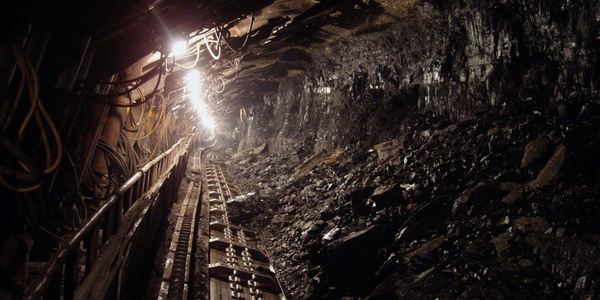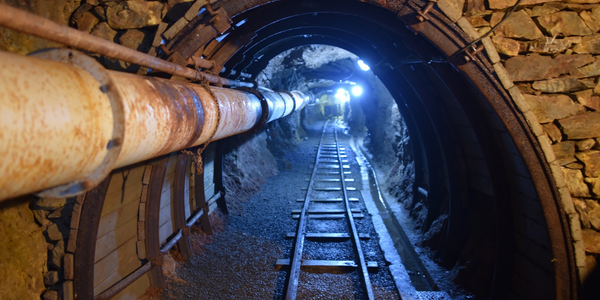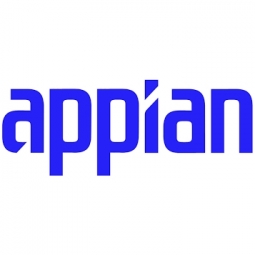Optimizing Operations and Boosting Customer Satisfaction: A Case Study on Stadtwerke Bonn
- Analytics & Modeling - Process Analytics
- Sensors - Utility Meters
- Mining
- Sales & Marketing
- Advanced Metering Infrastructure
- Leasing Finance Automation
- System Integration
Stadtwerke Bonn, a utility provider based in Bonn, Germany, was faced with the challenge of reducing operational costs while improving customer satisfaction. A key part of their customer service strategy was a self-service online portal used by customers to report their meter readings. This portal was a crucial part of their meter-to-cash (M2C) operations, which saw 367,000 total meter readings leading to invoices between January 2020 and April 2021. However, the complexity of the system, which also included other contact channels for collecting meter readings such as email, phone notifications, bot-supported system processing, and in-person visits, led to potential delays and errors. To identify areas for process improvement, Stadtwerke Bonn initiated a process mining initiative with Appian.
Stadtwerke Bonn is a utility provider based in the historic city of Bonn, Germany. The company provides gas, electricity, and water to residents, with a mission of delivering “fair and climate-friendly energy” with exceptional customer service. Guided by their mission, Stadtwerke Bonn set strategic goals to reduce operational costs while improving customer satisfaction. A key part of their customer service strategy is a self-service online portal that customers use to self-report their meter readings, among other activities. This portal is a critical piece of their meter-to-cash (M2C) operations.
Stadtwerke Bonn utilized Appian Process Mining to identify and address areas where rework and manual activities were slowing progress. The analysis of their real-world process flows revealed that approximately 75% of Stadtwerke Bonn’s plausibility checks were unnecessary, accounting for up to 571 working days in M2C operations. With these issues identified and quantified, the team was able to optimize the M2C system’s plausibility limits. Appian worked closely with Stadtwerke Bonn to integrate process mining capabilities into its optimization projects, embedding process mining controls into its internal control systems. This enabled Stadtwerke Bonn to automate manual tasks, increase the automation involved in creating settlements and documents with RPA, IDP, and other automation capabilities of the Appian Platform, and make changes to external systems such as SAP quickly.
Related Case Studies.











